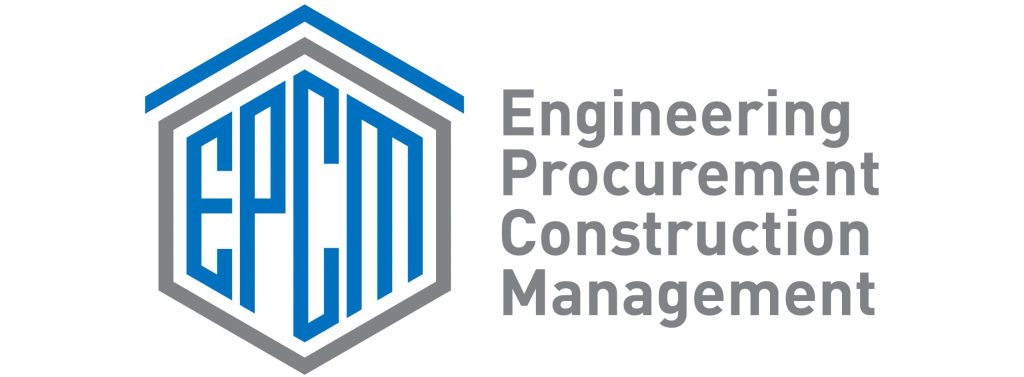Introduction
In the rapidly evolving field of construction, staying abreast of technological advancements is not just beneficial—it’s essential. For Engineering, Procurement, and Construction (EPC) companies, particularly those based in Calgary, Alberta, like our EPC engineering firm, integrating innovative solutions such as Augmented Reality (AR) into education and training programs can significantly enhance project outcomes. This blog explores how AR technology is revolutionizing construction education and training, offering a futuristic yet practical approach to tackling complex projects.
AR in EPC Construction: Bridging the Gap Between Theory and Practice
Augmented Reality overlays digital information onto the physical world, offering a unique, interactive learning experience. In the context of EPC construction, this means the ability to visualize projects, understand complex structures, and simulate construction scenarios without setting foot on site.
Enhancing Understanding and Retention
AR applications in education allow for a hands-on learning experience, crucial for complex fields like civil engineering, mechanical engineering, and architecture. For instance, Calgary engineering companies are leveraging AR to provide immersive training that enhances understanding and retention of complex construction concepts.
Real-World Application and Case Studies
Virtual Walkthroughs: AR enables project teams to conduct virtual walkthroughs of engineering designs, offering a real-world understanding of spatial relationships and potential construction challenges. This is particularly beneficial for projects involving intricate EPC contracts and structures, like carbon capture solutions.
Safety Training: AR simulations can replicate high-risk scenarios within a controlled environment, providing invaluable safety training for contractors and construction workers. This approach is integral for Calgary-based EPC projects, where safety is paramount.
Maintenance and Repair Training: For industries like oil and gas, where EPC companies often manage extensive maintenance and repair operations, AR can simulate real-life scenarios, training staff more effectively than traditional methods.
AR’s Impact on EPC Project Efficiency and Success
Integrating AR into construction education and training not only improves competency but also directly impacts project efficiency and success. Enhanced visualization and understanding lead to better planning, reduced errors, and streamlined execution.
Collaborative Planning and Design
AR facilitates a more collaborative approach to planning and design, allowing engineers, contractors, and clients to visualize and modify projects dynamically. This collaborative environment is key to the success of EPC projects in sectors like oil and gas and carbon capture solutions.
Cost Reduction and Time Savings
By enabling virtual simulations and walkthroughs, AR helps identify potential issues early in the project lifecycle, reducing costly errors and delays. For Calgary-based EPC firms, this translates to more competitive bids and higher client satisfaction.
Continuous Learning and Improvement
The dynamic nature of AR technology fosters an environment of continuous learning and improvement, crucial for the ever-evolving construction industry. It supports the agile project management methodologies increasingly adopted by leading EPC companies.
Implementing AR in Construction Education: Challenges and Solutions
While the benefits of AR in construction education are clear, implementation comes with its set of challenges. These include technological adaptation, cost of deployment, and ensuring up-to-date content. Solutions involve strategic investments in technology, partnerships with AR development companies, and ongoing training for staff.
Future Directions: AR in Construction Education and Beyond
The future of AR in construction education promises even greater integration, with advancements like mixed reality (combining AR with Virtual Reality) and AI-driven simulations offering more immersive and personalized learning experiences. For Calgary’s EPC sector, staying at the forefront of these advancements will be key to maintaining a competitive edge.
Conclusion
Augmented Reality is transforming construction education and training, offering immersive, efficient, and safe learning experiences. As Calgary’s EPC companies like ours embrace this technology, we’re not just preparing for the future; we’re actively shaping it, ensuring our projects are built on a foundation of innovation and expertise.
Additional Resources
The Lean Construction Institute: Innovations in Construction Technology
Construction Management Association of America: Technology and Construction Management
Project Management Institute: Tech Trends in Project Management

